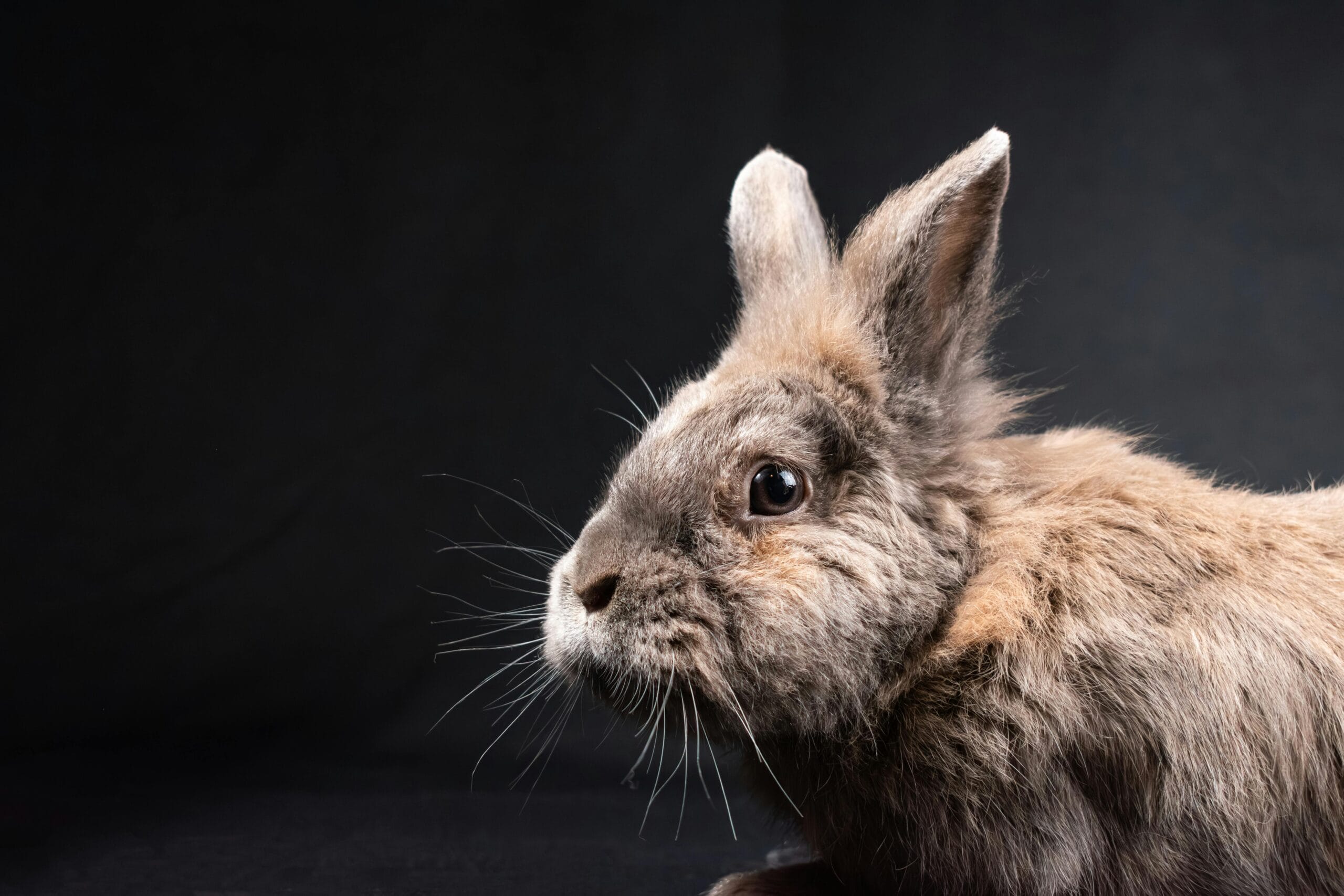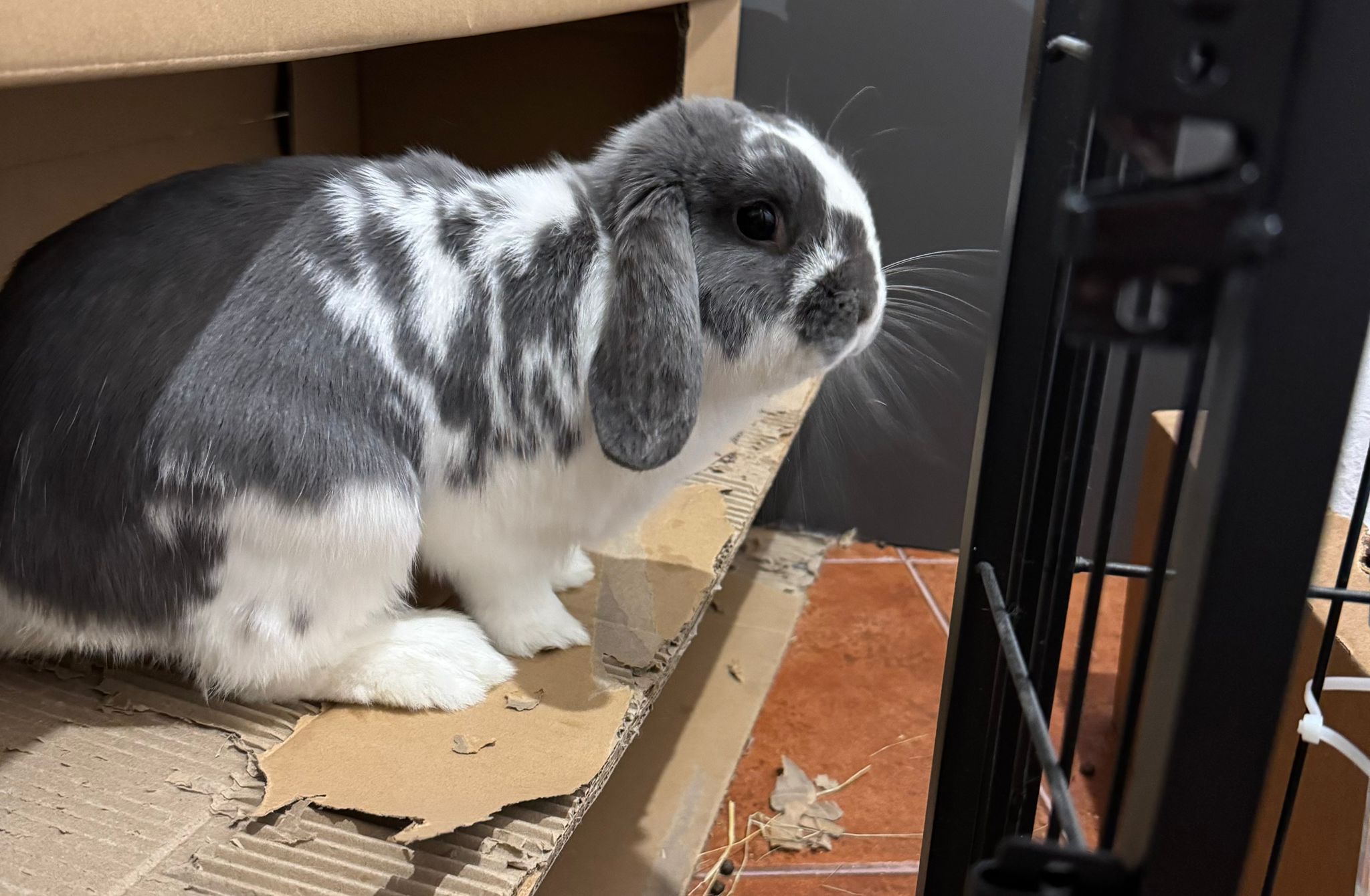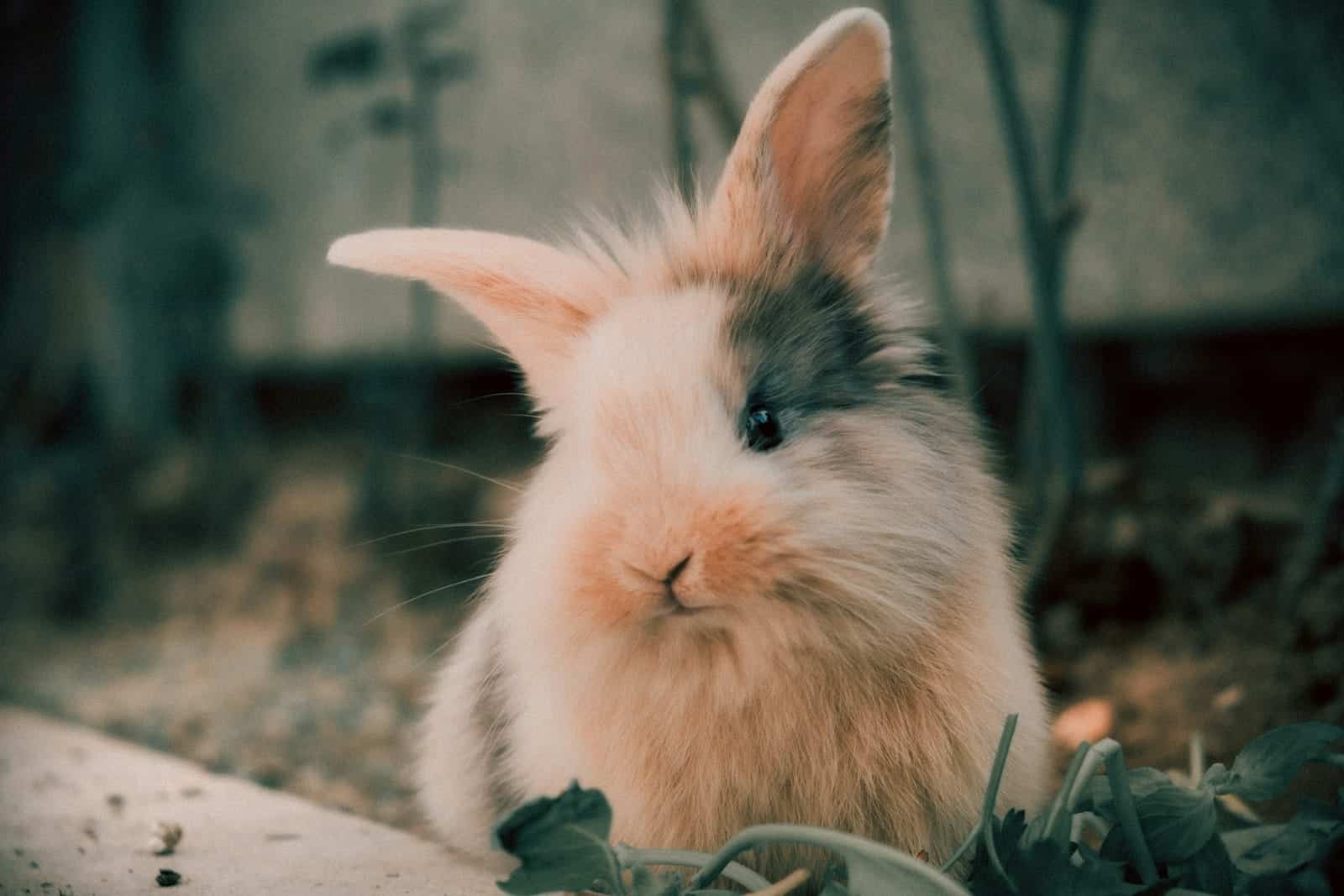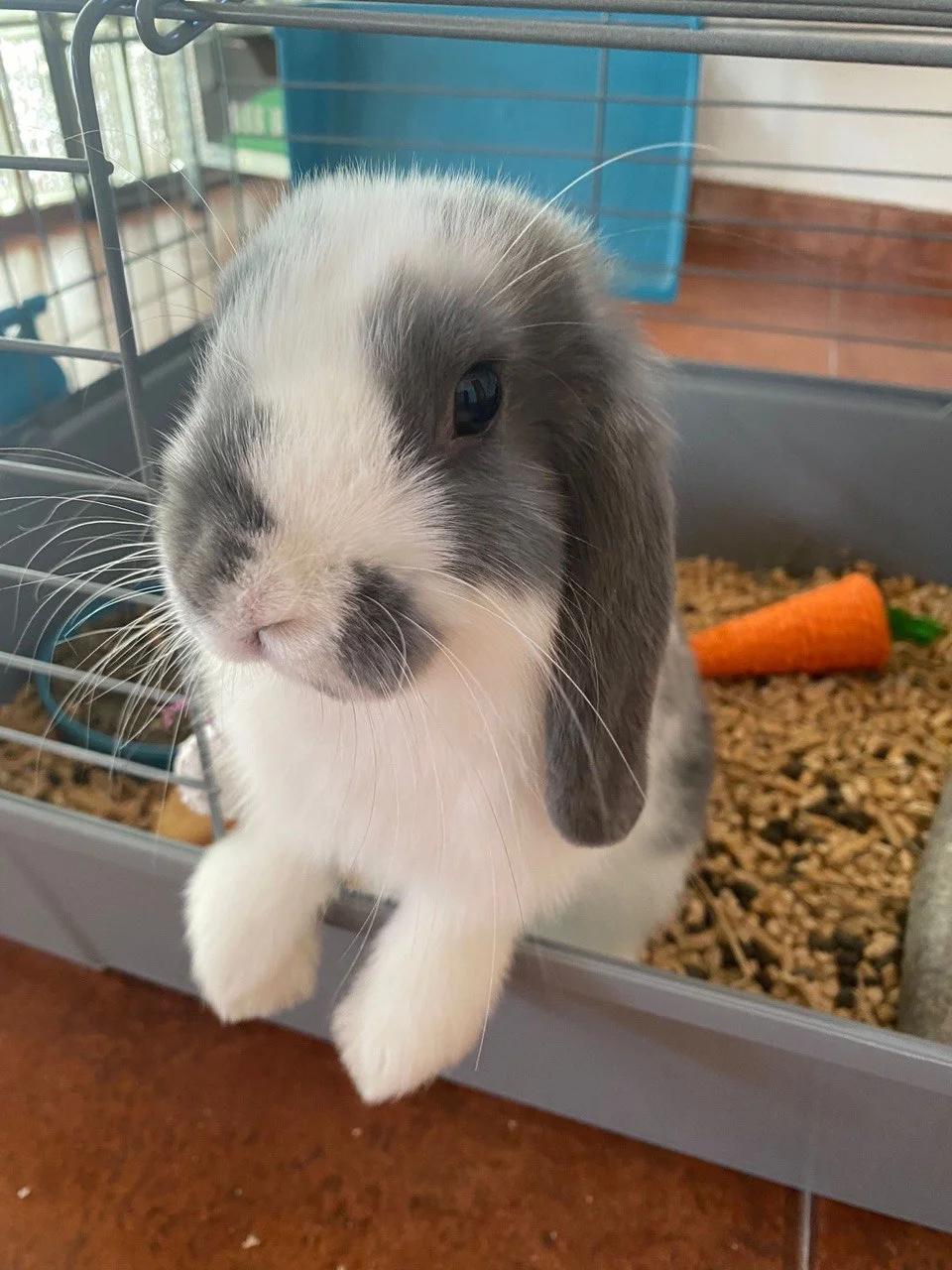The Dutch dwarf rabbit, with its curious and charming nature, is one of the most popular breeds among rabbit lovers. Providing it with a proper diet is crucial to maintaining its long-term health and well-being. In this article, I'll guide you through the essential elements that make up a balanced diet for your dwarf rabbit, as well as practical tips to ensure it receives the best possible nutrition.
Importance of a balanced diet for Dutch dwarf rabbits
A balanced diet is essential for the physical and emotional well-being of Dutch dwarf rabbits. Their fast metabolism and high nutritional requirements mean that improper feeding can quickly lead to serious health problems.
Essential nutrients you need
Dutch dwarf rabbits require a combination of fiber, protein, vitamins and minerals to thrive. Fiber is critical, not only in regulating the digestive system but also in wearing down their teeth, which are continuously growing. The proteins must be of good quality, while those of good quality must be of good quality, while those of good quality must be of good quality, while those of vitamins and minerals will ensure the strengthening of your bones and immune system.
Consequences of poor nutrition
Failure to provide an adequate diet can lead to serious problems, such as obesity, dental and gastrointestinal problems. In addition, a lack of essential nutrients can cause general weakness, dull skin and hair loss.
Recommended and prohibited foods
Understanding which foods are safe and beneficial, and which should be avoided, is key to maintaining the health of your Dutch Dwarf rabbit.
Safe vegetables and fruits
Including a variety of vegetables is vital to a balanced diet. Here are some safe choices:
- Carrot leaves
- Arugula
- Parsley
- Celery
- Broccoli
For fruit consumption, the following are suitable but in small amounts due to their high sugar content:
- Apple (seedless)
- Strawberries
- Blueberries
Foods to avoid
We should avoid foods that can cause digestive problems or that are potentially toxic:
- Iceberg lettuce
- Chocolate
- Coffee and tea
Important! Never feed your rabbit processed or sugar-rich foods.
Tips for establishing a meal plan
Establishing a well-structured feeding plan helps maintain your rabbit's optimal health.
Power frequency
Rabbits should have constant access to good quality hay, while vegetables can be provided daily in small portions. Fruits should be treated as an occasional treat.
Adequate portion size
Avoiding overfeeding is crucial. As a general rule, one cup of fresh vegetables for every two kilograms of body weight is sufficient. Be sure to adjust portions according to your rabbit's specific needs.
How to detect feeding problems in dwarf rabbits
Watching for signs of feeding problems can prevent more serious complications.
Warning signs
Some signs that something might be wrong include:
- Change in eating habits
- Unexpected weight loss or gain
- Diarrhea or loose stools
- Lethargic behavior
When to consult a veterinarian
It is advisable to visit your veterinarian if you observe any of the above symptoms, especially if they persist. The veterinarian will help you determine the cause and provide appropriate treatment if necessary.



